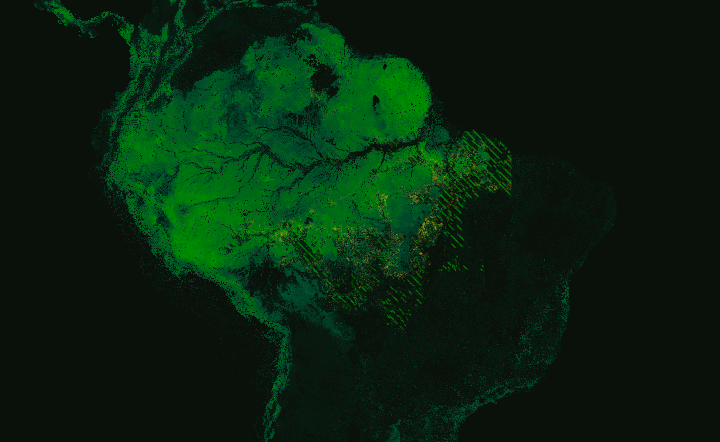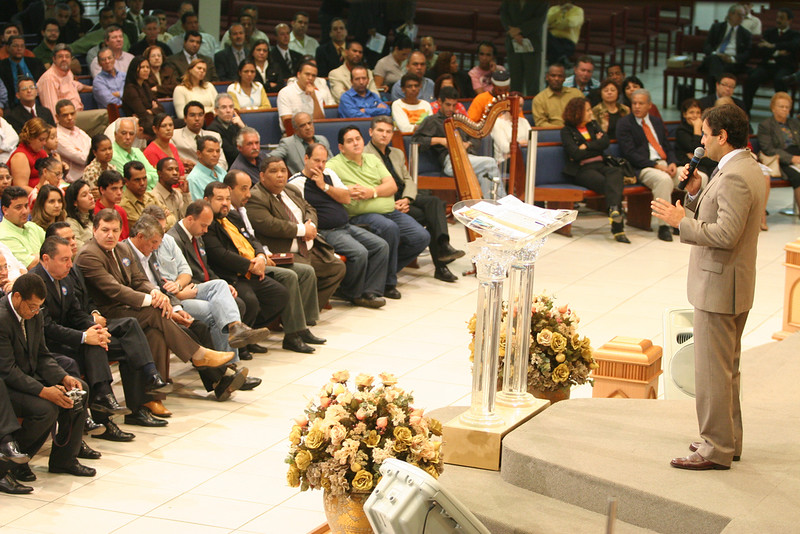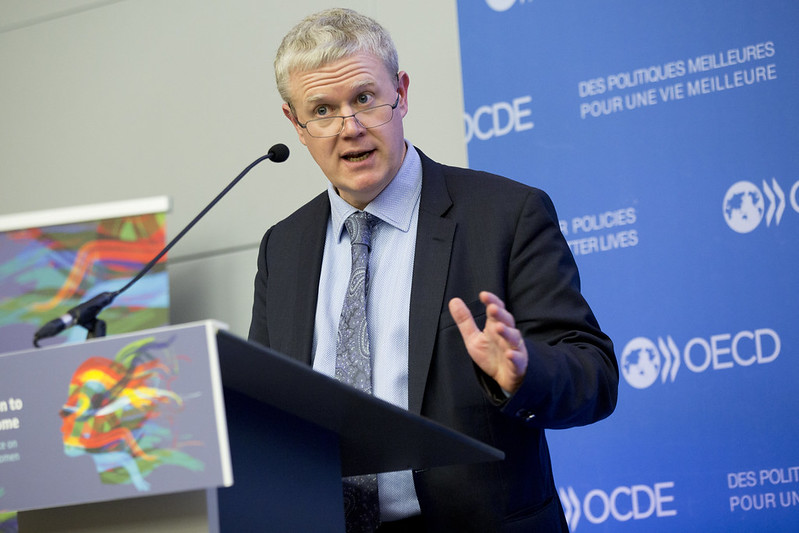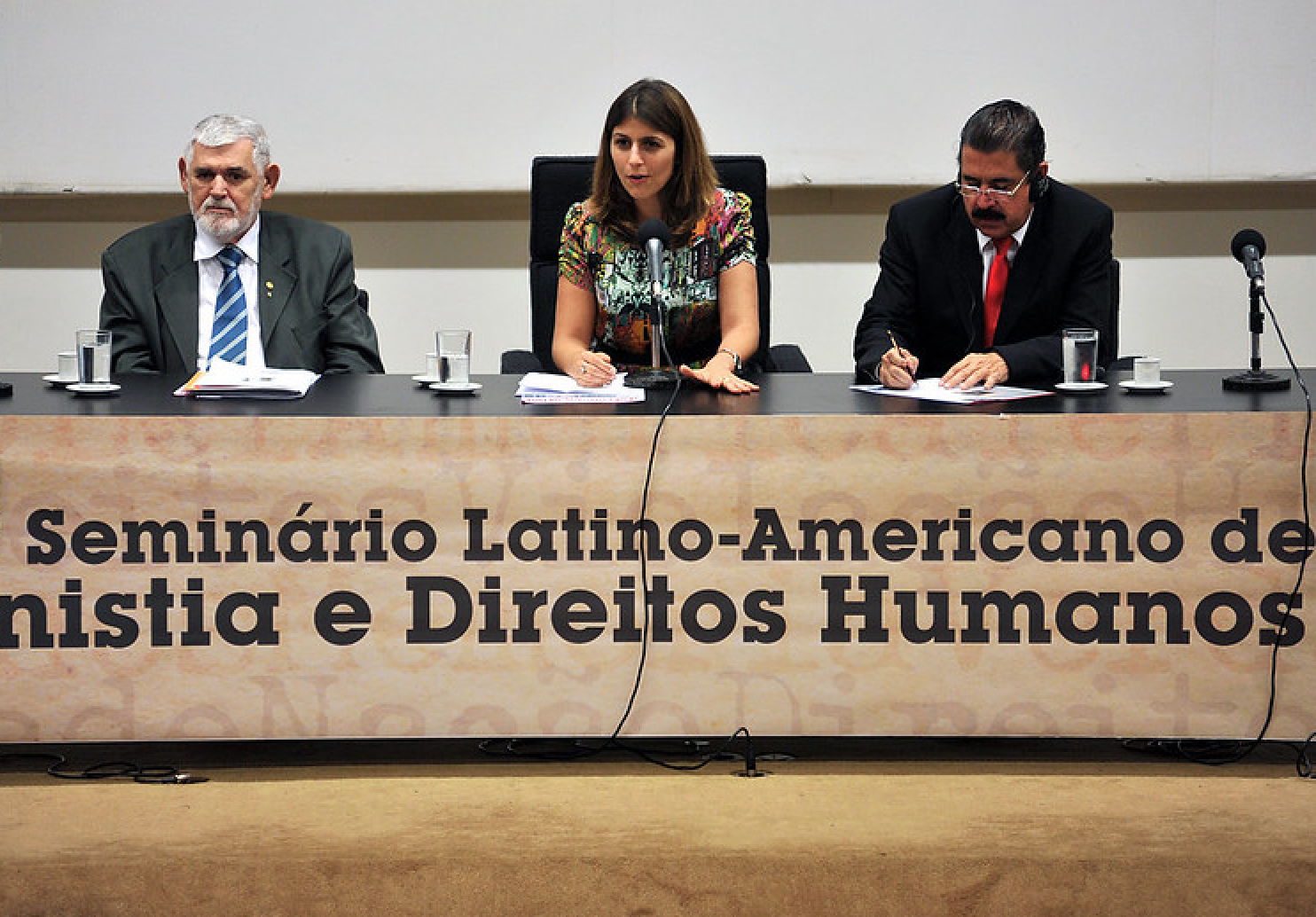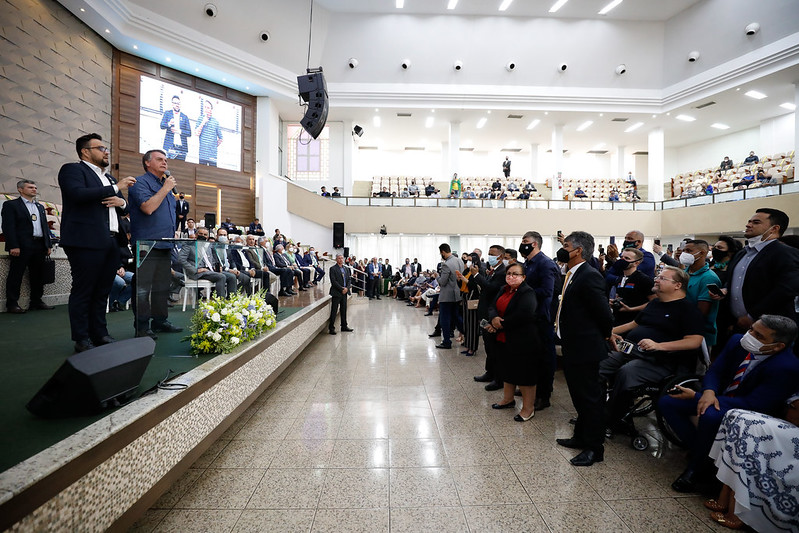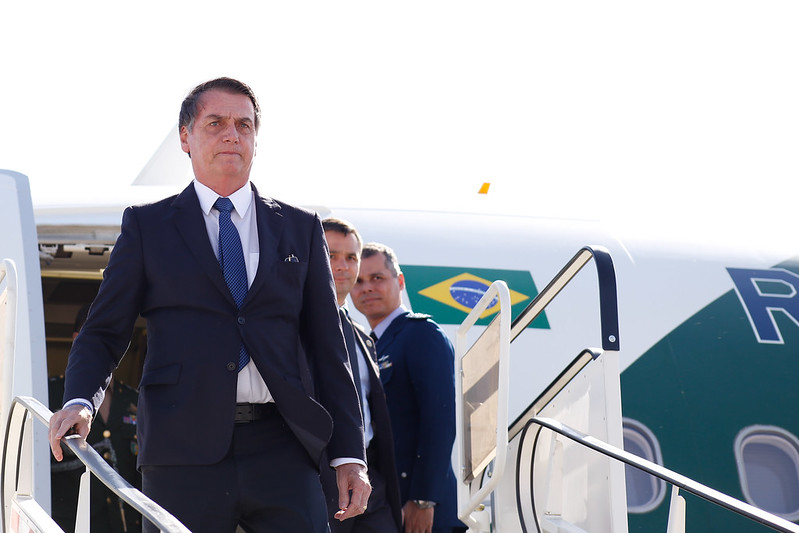Imakay Research Hub
Artigo
Deforestation, Climate Policy and Elections in Brazil
02/01/2023
Bruno Marques Schaefer, PhD in Political Science (UFRGS)
During the Brazilian presidential elections of 2022 and the following days (in particular the presence of the victorious Luiz Inácio Lula da Silva at COP27), environmentalism appeared with greater vigor than in former elections.
In the aftermath of Bolsonaro’s administration (2019-2022), in which deforestation rose again to record numbers, environmental enforcement agencies were dismantled, innocuous policies were implemented (such as the Amazon Council), and Brazil became an international pariah in terms of environmental governance, the transition government’s moves lead one to believe that the new administration will have a more decisive role in environmental issues.
Lula’s speech at the COP27, held in Egypt, shows a greater commitment to the climate agenda, the issue of the preservation of the Amazon and of native peoples, as well as pressure for developed countries to fulfill their part in previous agreements and assist developing countries in fighting the climate crisis.
It is interesting that the president’s emphasis on the environmental and climate agenda not only marks a break with the previous government but also with the PT governments themselves, which, since the second Lula administration, have invested in large infrastructure projects that ended up undermining the environmental agenda in general, as well as the issue of Amazonian preservation (the case of the Belo Monte hydroelectric dam is perhaps one of the most visible cases). The conflict between developmentalists and environmentalists in the second Lula administration (2007-2010), symbolized by then ministers Dilma Rousseff and Marina Silva, respectively, marked the victory of the first group.
This text deals with the challenges related to the environmental agenda of the next government, with special emphasis on the Amazon. In particular, it highlights the relationship between deforestation and the political forces in the region, which in 2022 leaned against the environmental agenda, voting heavily for Bolsonaro.
Deforestation of the Legal Amazon region
Nine Brazilian states make up the Legal Amazon region (Amazonas, Acre, Amapá, Pará, Rondônia, Roraima, Tocantins, Mato Grosso, and Maranhão). The level of conservation of the biome, the occupation of space and the type of economic activity vary enormously throughout this territory.
According to data from INPE (National Institute for Space Research), which has been monitoring deforestation of the Amazon via satellite since 1988, 813,063.44 km2 of the biome have already been deforested in this period (more than double the area of Germany). In the 1990s, on average over 15 thousand square kilometers of forest were lost, reaching a peak of 28 thousand square kilometers in 1995.
In the 2000s, already under the Lula government, there was a new peak in deforestation in 2004 (around 27 thousand square kilometers). Based on this result, the government, especially the Ministry of Environment run by Marina Silva, carried out a series of actions articulated in the Action Plan for Prevention and Control of Deforestation in the Legal Amazon (PPCDAm). One of the most successful public policies of the government, not only in the environmental area, the PPCDAm has joined actions such as real-time monitoring, via satellite, of deforested areas and/or areas subject to fires; creation of environmental conservation units; demarcation of indigenous lands; land title regularization; combating deforestation through the action of several autarchies such as IBAMA, Federal Police, National Public Security Force and even the Army, among others. Different impact assessments have indicated the Plan’s positive effect. In 2012, for example, the deforested area of the Amazon was 4.5 thousand square kilometers, a significant reduction.
The deforestation of the Amazon rainforest has well-studied causes and consequences. The loss of the original biome has the immediate local effect of loss of biodiversity, imbalance of the ecosystem, loss of cultures and subsistence of local populations, such as the original peoples and forest peoples. Also, on a national and global level, it alters the rainfall regime (which impacts agribusiness in the Midwest and South of the country) and can help raise the temperature (global warming), among several other consequences. The main cause of deforestation, in turn, is anthropic action, whether for the exploitation of timber as an economic resource or for the practice of livestock and agriculture (mainly soybeans). In recent years, especially since the Bolsonaro government, illegal mining and mining areas have also expanded in the biome, affecting the forest and increasing land conflicts, in particular with the invasion of indigenous lands.
The role of the ruralist caucus
It is interesting to note that after the application of the PPCDAm there is a reaction from the ruralist sectors, precisely those that benefited from the exploitation of the biome. The ruralist caucus/bancada ruralista (officially the Agriculture and Livestock Parliamentary Front), a multi-party parliamentary organization that defends the interests of the agribusiness sector, increases from 120 congressmen elected in 2006 (104 federal deputies and 16 senators) to 160 congressmen in 2010 (142 deputies and 18 senators).
It was during the 54th Legislature (2011-2015) that the rural caucus won one of its biggest victories in recent years: the approval of the new forest code (federal law no. 12,651/2012). The law, which revokes the 1965 Forest Code, significantly changes the size of preservation areas, whether on public or private lands, as well as “amnesties” rural producers who had deforested preservation areas in the period prior to the law (until 2008). This part of the law was vetoed by President Dilma Rousseff, but the veto was overturned in the National Congress. Subsequently, the Federal Supreme Court declared the amnesty to be constitutional, provided that the rural producers committed to recover part of the deforested areas.
Since the vote on the law, there have been several initiatives by the rural caucus to change Brazil’s environmental regulations, considered by these actors as impeding economic development (a point empirically refuted by several studies).
The idea of establishing a temporal framework for the demarcation of indigenous lands (only those lands occupied by original peoples until 1988 could be required); changes (flexibilization) in the legislation on slave labor; change in the criteria for demarcating indigenous and quilombola lands; authorization for mining on indigenous lands; regularization of invaded properties; self-inspection for rural producers, among many other initiatives. In the Bolsonaro government, the influence of these parliamentarians was reflected in the selection of Teresa Cristina as Minister of Agriculture (then a member of the DEM-MS party), one of the representatives of the rural caucus; and the selection of Ricardo Salles (then a member of the NOVO-SP party) for the Ministry of Environment. Salles was instrumental in the dismantling of environmental protection agencies (such as IBAMA and ICMBIO), and the issue of ordinances (administrative measures) that released pesticides, encouraged land grabs and increased deforestation by more than 50% in four years. He ended up leaving the government amidst accusations of corruption but was elected federal deputy in a record vote for the state of São Paulo.
In addition to the national actions of the rural caucus, which is more aligned with right-wing parties (but with representatives from other ideological spectrums), it is interesting to observe the electoral results in the states of the Legal Amazon region. In 2022, all the governors elected in those states (except in the cases of Pará, Amapá and Maranhão) were aligned with the Bolsonaro administration. Rondônia, for example, was the only unit of the federation in which Bolsonaro won in all municipalities. The then-president’s victories occurred in all states in the second round (except Pará and Maranhão). In the states of the biome, right-wing parties elected more than 60% of state deputies.
The case of Acre
This scenario demonstrates, in the first place, difficulties for the environmental agenda at the subnational level. And, second, the very consolidation of an anti-environmental or anti-conservation discourse in the region. The case of Acre is quite significant. The state was the center of the environmentalist debate in Brazil beginning in the 1980s, with the figures of Chico Mendes and Marina Silva, and was governed by the Workers’ Party for 20 years (from 1998 until 2018). The government, based on the principle of “florestania”: a proposal to ensure sustainable income generation policies and public services for forest communities, reconciling growth with the preservation of the Amazon forest, was “wiped” from the map in 2018. The party lost the elections for state government, the Senate, did not elect any federal deputy (of the eight possible seats) and only two state deputies (of the 24). In 2022, the result was even worse (defeats at all levels of dispute: governor, senator, federal and state deputies). The party did not win any elective position in the dispute. In other states, such as Rondônia, Amazonas and Tocantins, this representation is minimal (only one state deputy).
The election results of 1992 demonstrate that, on the one hand, a federal government with an environmentalist discourse, which claims to be the global leader in the climate discussion, wins; and, on the other hand, the ruralist caucus and, above all, ruralists in the states maintain considerable strength. The conciliation of interests in the context of possible conflict between spheres of government will be essential for the resumption of the fight against deforestation. After the COP27, it seems that this conciliation is possible, to the extent that then “Bolsonarist” governors such as Mauro Mendes (União Brasil) of Mato Grosso seem willing to talk to the president-elect. The scenario, however, is one of great uncertainty.

